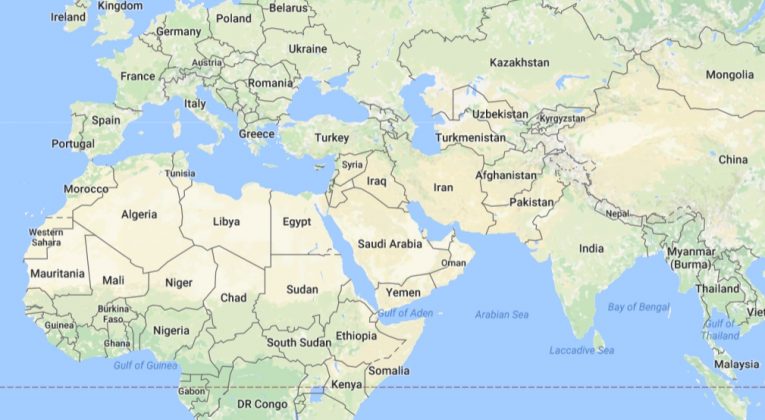The ban on inflight electronic devices is no longer focused solely on U.S.-bound flights.
On the same day the U.S. Department of Homeland Security published its ban on electronic devices on flights to the U.S. from 10 Middle East and African airports, the U.K. followed suit, with its own ban on carry-on devices on flights to the United Kingdom from Turkey, Lebanon, Jordan, Egypt, Tunisia, and Saudi Arabia.
Related:
In contrast to the U.S. directive, which rather vaguely alludes to electronic devices larger than cellphones, the U.K. Department of Transport’s prohibition is spelled out explicitly:
Under the new arrangements, phones, laptops and tablets larger than:
• length: 16.0cm
• width: 9.3cm
• depth: 1.5cm
will not be allowed in the cabin on selected flights to the UK from the countries affected.
While the U.K. DOT called the measure “necessary, effective and proportionate,” at least some travelers aren’t so sure. On FlyerTalk, a discussion website favored by ultra-frequent flyers, there was considerable skepticism regarding the policy’s motivation, its implementation, and its effects. A random sampling of the comments:
Clearly racial profiling. Every Muslim-majority country with flights to the US is targeted.
Under this policy, would-be thieves will have a field day breaking into bags with a reasonable chance of finding high-value goods inside.
I have to wonder if the complaints by DL and others about unfair advantage of Middle East carriers played into this at all given President Trump’s stated intention to give advantages to U.S. businesses.
Bombs in the main cabin are bad. Bombs in the cargo hold are ok?
Note the timing too, coming just after the federal block on the revised travel ban.
Makes no logical sense to me if you think about it. Now, they want passengers to check in electronics with lithium batteries into check in baggage which, again, is compromising safety as well.
I certainly would not want to fly with that many lithium batteries checked-in and bouncing around likely not secured well.
How does this improve security? I’m sure evil doers heard of connecting flights.
I wonder if it’s a way to hurt the Middle East carriers who have been trying to expand into the US market. Fewer people will want to fly them with this ban.
Unless there is evidence of some specific threat to which this is a response, this strikes me as open to legal challenge as being arbitrary and capricious, which is one standard for overturning an administrative action. I cannot think of a good reason for it and it seems designed to be punitive toward the airlines of countries that are not favored by the current administration.
Whether the ban is necessary and effective or arbitrary and capricious, it’s a reality for a considerable number of U.S.-bound travelers. And those numbers are likely to grow, as other U.S. allies consider adopting similar bans, as the U.K. did.
Reader Reality Check
How do you feel about the electronics ban?
After 20 years working in the travel industry, and almost that long writing about it, Tim Winship knows a thing or two about travel. Follow him on Twitter @twinship.
This article first appeared on SmarterTravel.com, where Tim is Editor-at-Large.


